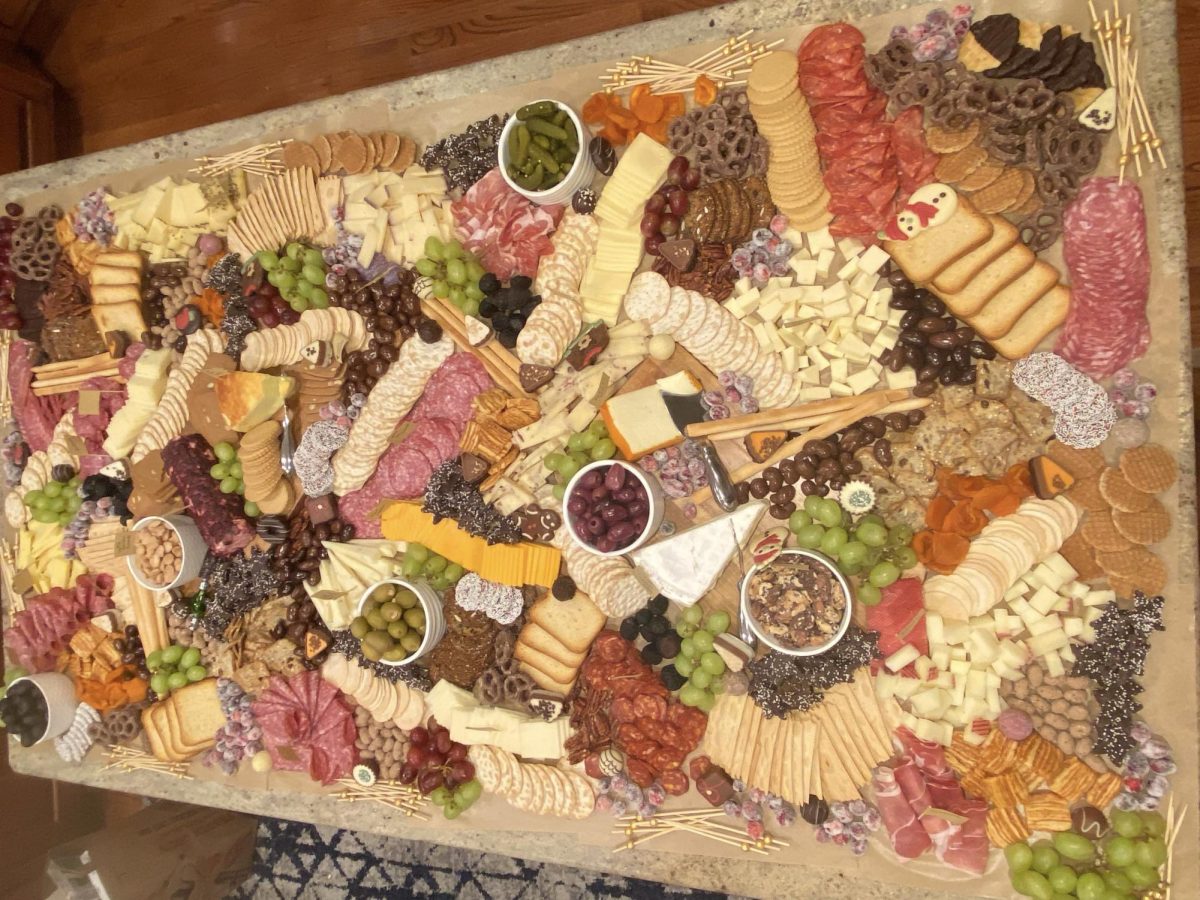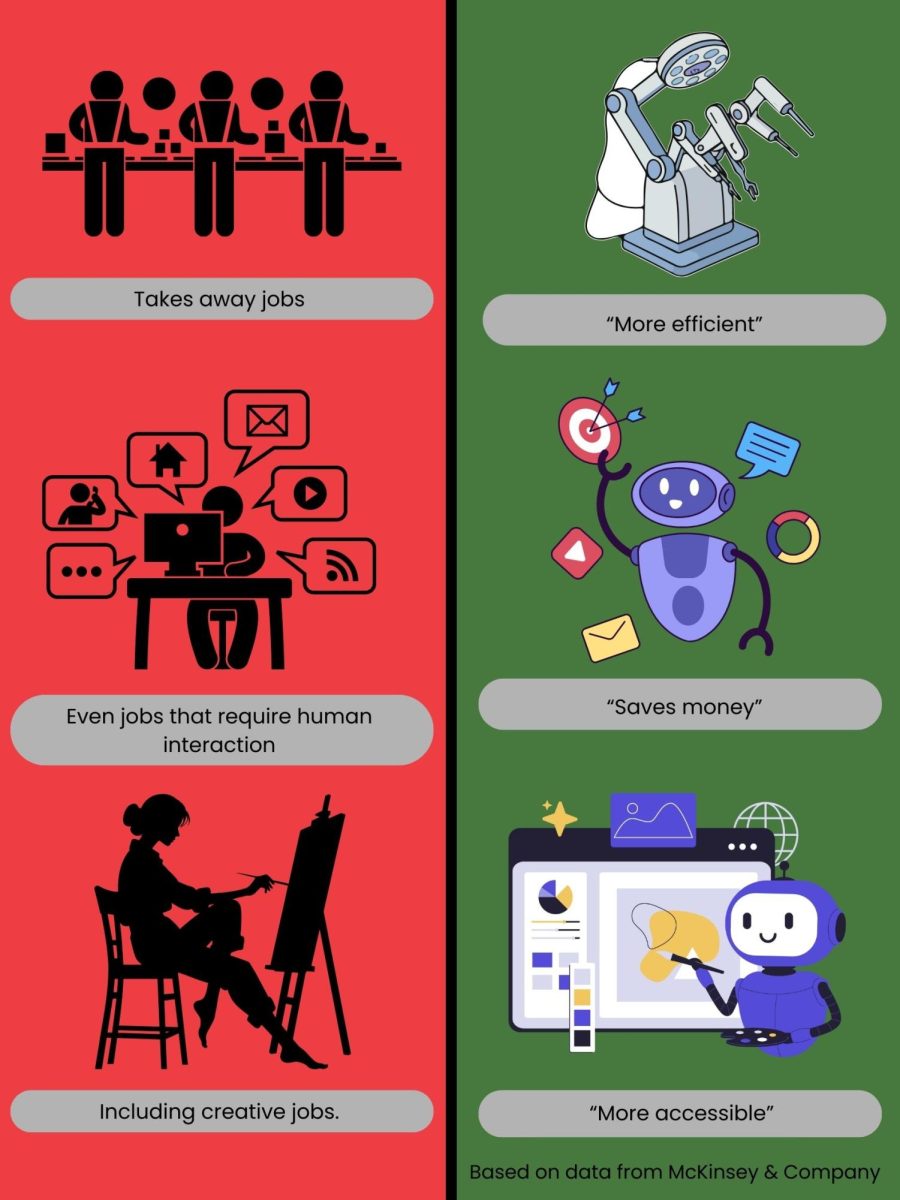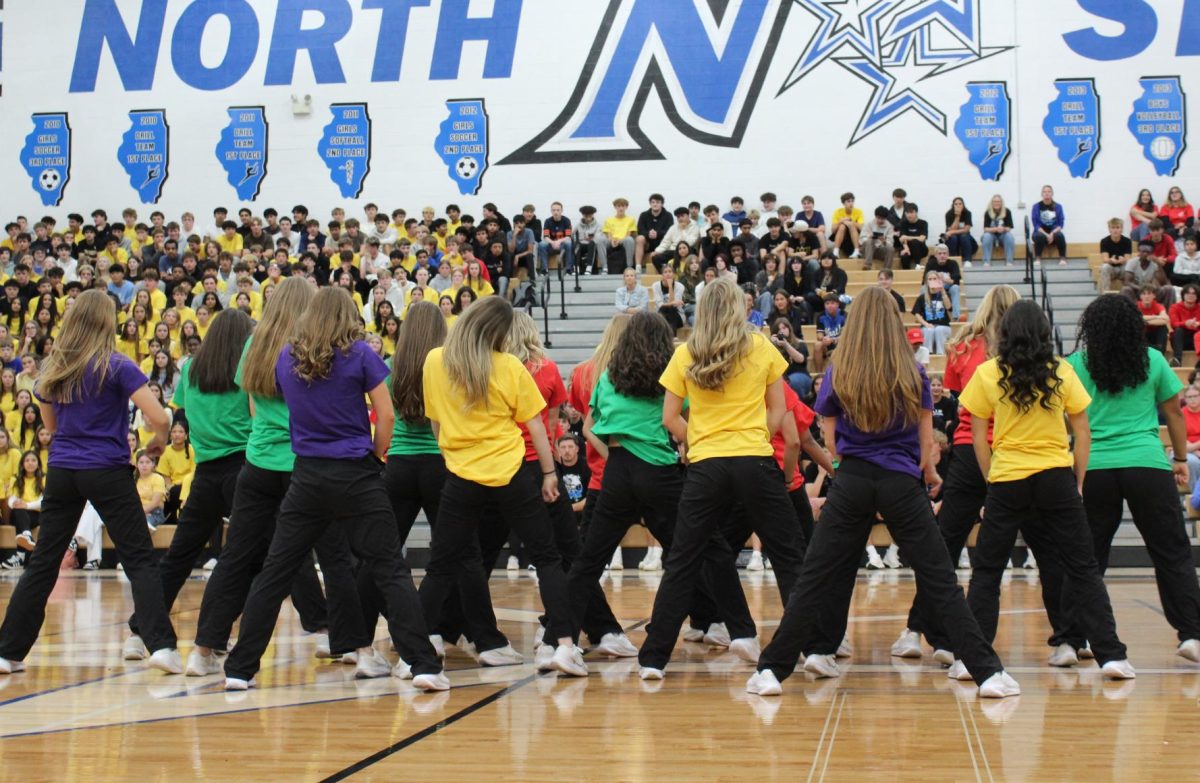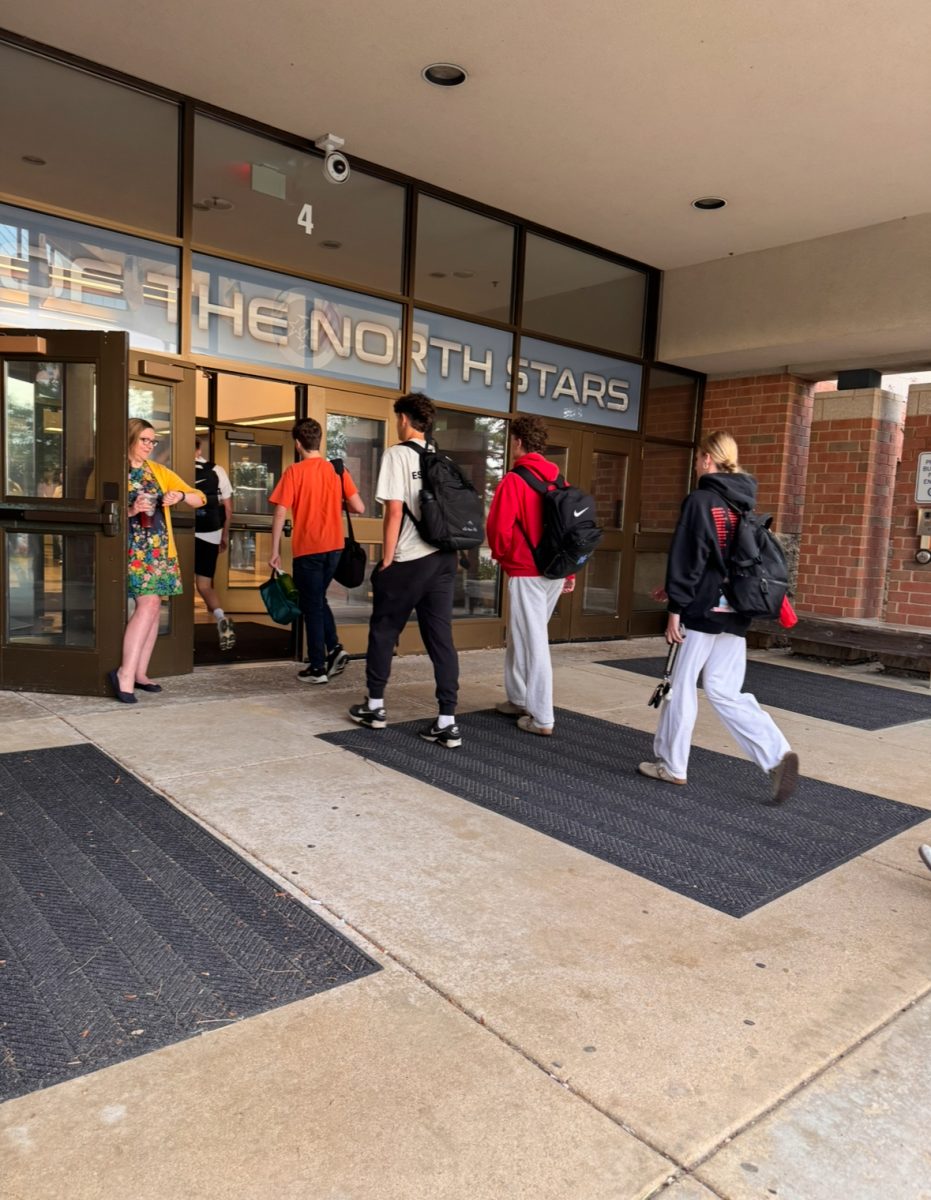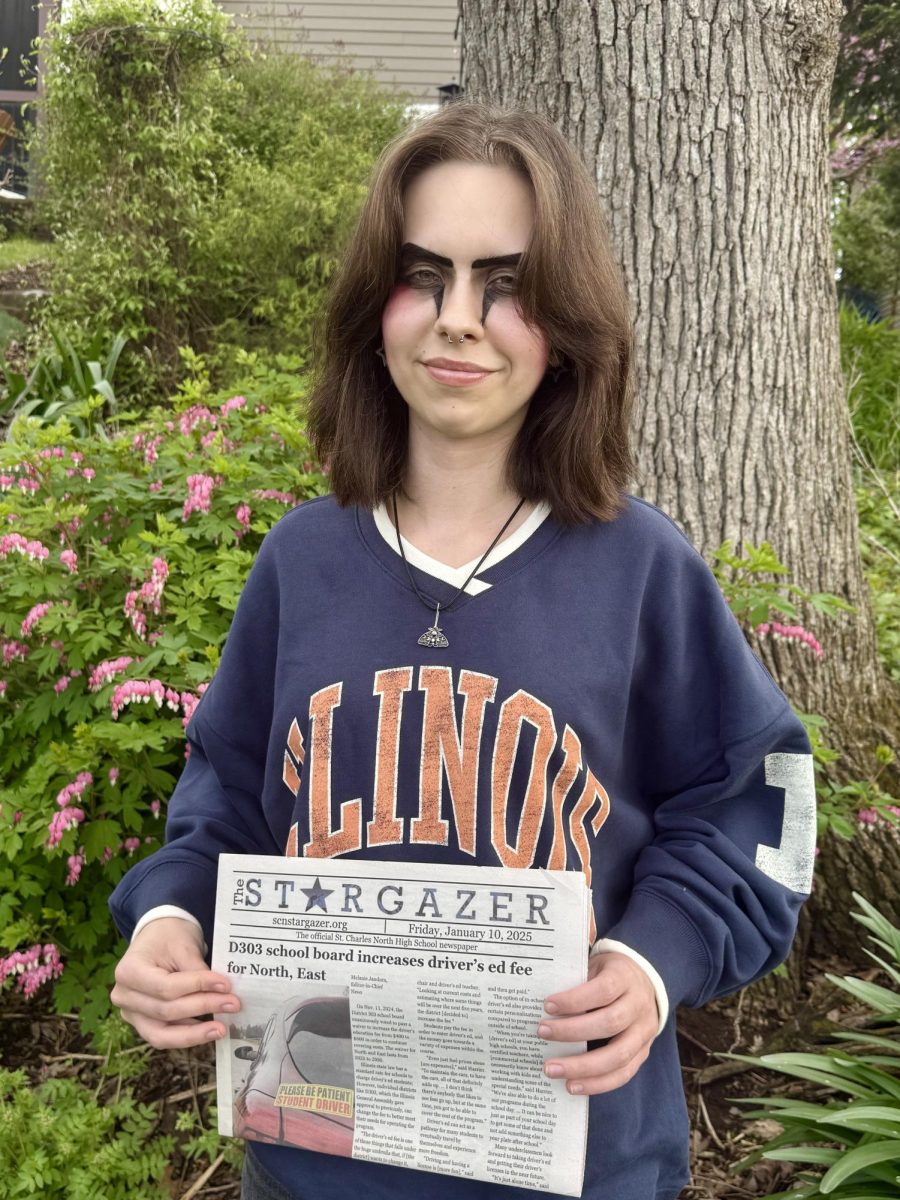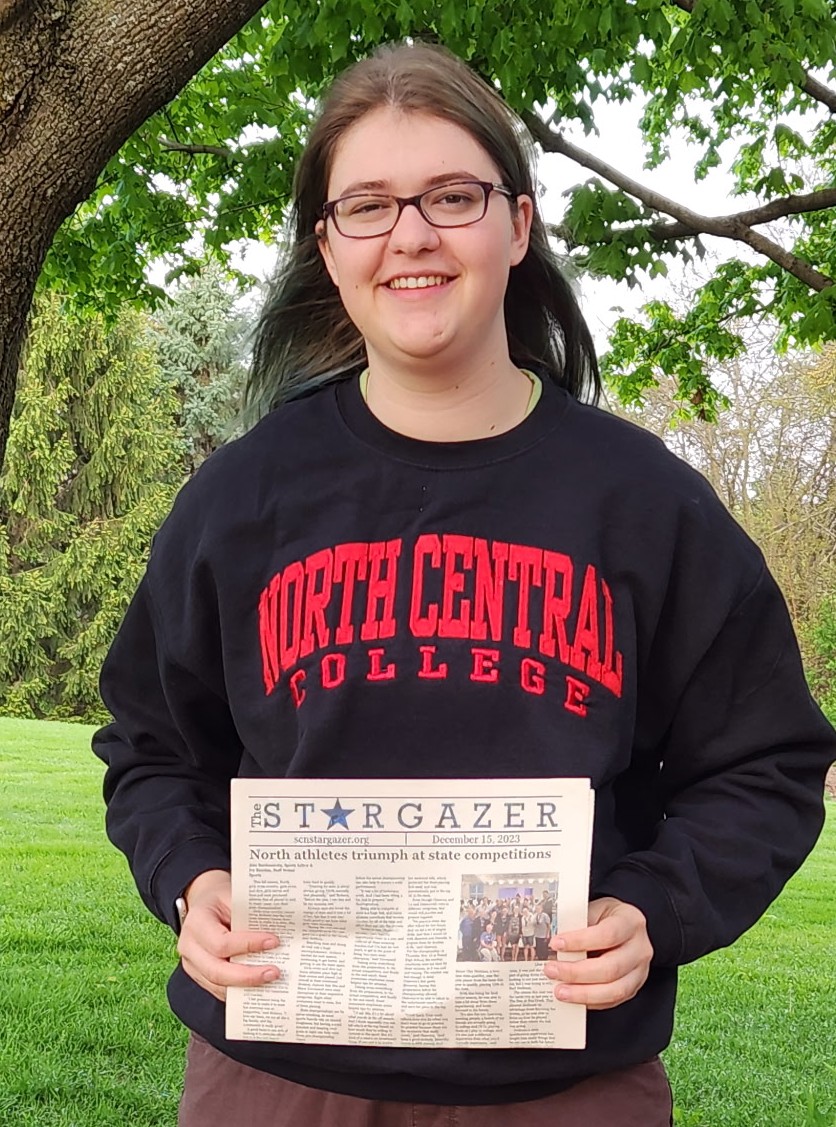Many of us at North and St. Charles long for that chilly Thursday spent around the table of steaming turkey, corn, bread rolls, mac and cheese, casseroles, mashed potatoes, stuffing, green beans and more. Families and friends reunite for possibly the first time in a while, and we do so as we eat delicious pie, enjoy each other’s company and rest during a well-deserved break from school.
Contrary to what our taste buds want us to believe, though, Thanksgiving stems from a far darker origin, and although we do not need to abandon the holiday altogether, we certainly need to understand the everlasting negative impacts it holds on Native Americans — including the Potawattomi people and other local tribes — in order to move forward.
Since our youth, we often hear the same story time and time again: When the Pilgrims came to Plymouth, Massachusetts and needed help surviving, the Native Americans assisted them with growing crops and adjusting. Celebrating their hard work, they held a grand feast together to show their unity and thankfulness. America has observed Thanksgiving ever since.
However, this innocent little tale leaves out more than a few key details.
First of all, Thanksgiving did not actually become a national holiday until 1863 under President Abraham Lincoln. Even then, the holiday was not officially established on the fourth Thursday of every November until President Franklin D. Roosevelt later issued a proclamation in 1941.
Lincoln did not make Thanksgiving a national holiday with completely pure intentions, either. Just a year before, Lincoln personally approved the hangings of 38 Native Americans in Mankato, Minnesota after the Dakota War of 1862, and over a thousand of the native people later died of disease on Pike Island. Calling everyone to recognize Thanksgiving was not just to unite the states during the Civil War, but also a way to cover up the government’s own atrocities.
Going back to the content of the original Thanksgiving story, though, the arrival of the Pilgrims marked anything but an era of peace for the indigenous people.
In fact, while the First Thanksgiving feast did happen in 1621, the pretenses we learned were far from reality. The native Wampanoag people and surrounding Native American nations already traded and interacted with other colonists on a regular basis for decades. When they decided to assist the newly settling Pilgrims, they mostly just did so in order to keep diplomacy and form political alliances. Also, the Wampanoag tradition of giving thanks during a harvest feast existed long before the First Thanksgiving.
This brief moment of peaceful coexistence between the English colonists and Wampanoag was short lived, too. Their land along with many others was taken away, and the Native Americans underwent a genocide and various massacres spanning centuries to come despite efforts — like King Philip’s War — to drive colonists out after peace negotiations continuously failed.
For many Americans, whether it be because of work or distance, Thanksgiving is one of the few times of year when we can spend quality time with our families. Different regions and cultures of the U.S. have even developed their own unique dishes and traditions to enjoy. Nevertheless, for many indigenous Americans across the nation, Thanksgiving also marks a time of deep mourning for a vast history of oppression.
The way to ethically celebrate such a holiday unfortunately holds a complicated answer, but accurate education on its origins and removing colonial imagery remains a strong starting point. Yes, that includes scrapping the Pilgrim hat decorations. We need to stop acting like this holiday celebrates some sort of cute friendship instead of the beginning to a brutal cultural erasure.
I believe Wednesday from Barry Sonnenfeld’s 1993 film “Addams Family Values” says it best: “You have taken the land which is rightfully ours. … The gods of my tribe have spoken. They have said, ‘Do not trust the Pilgrims.’”


